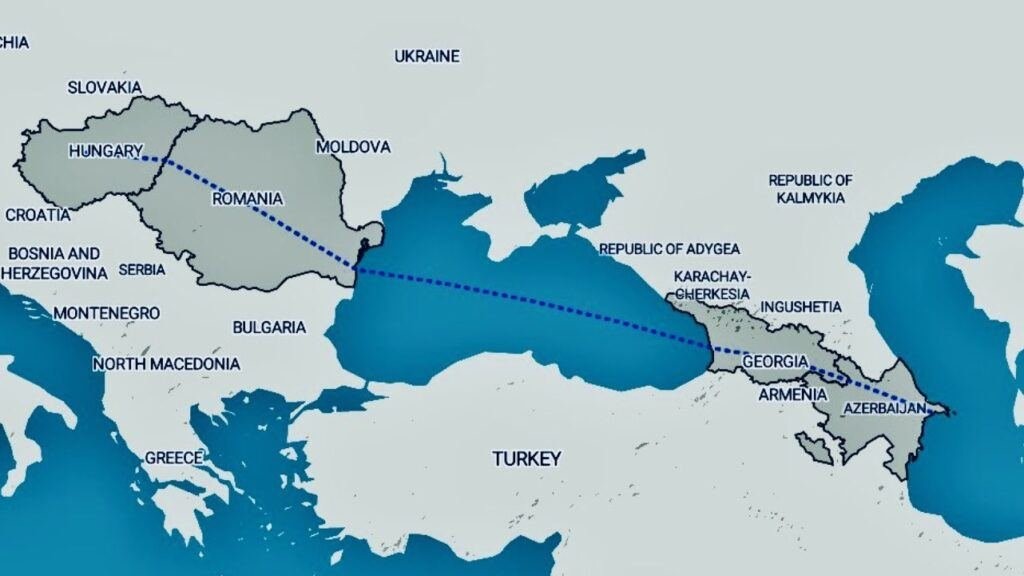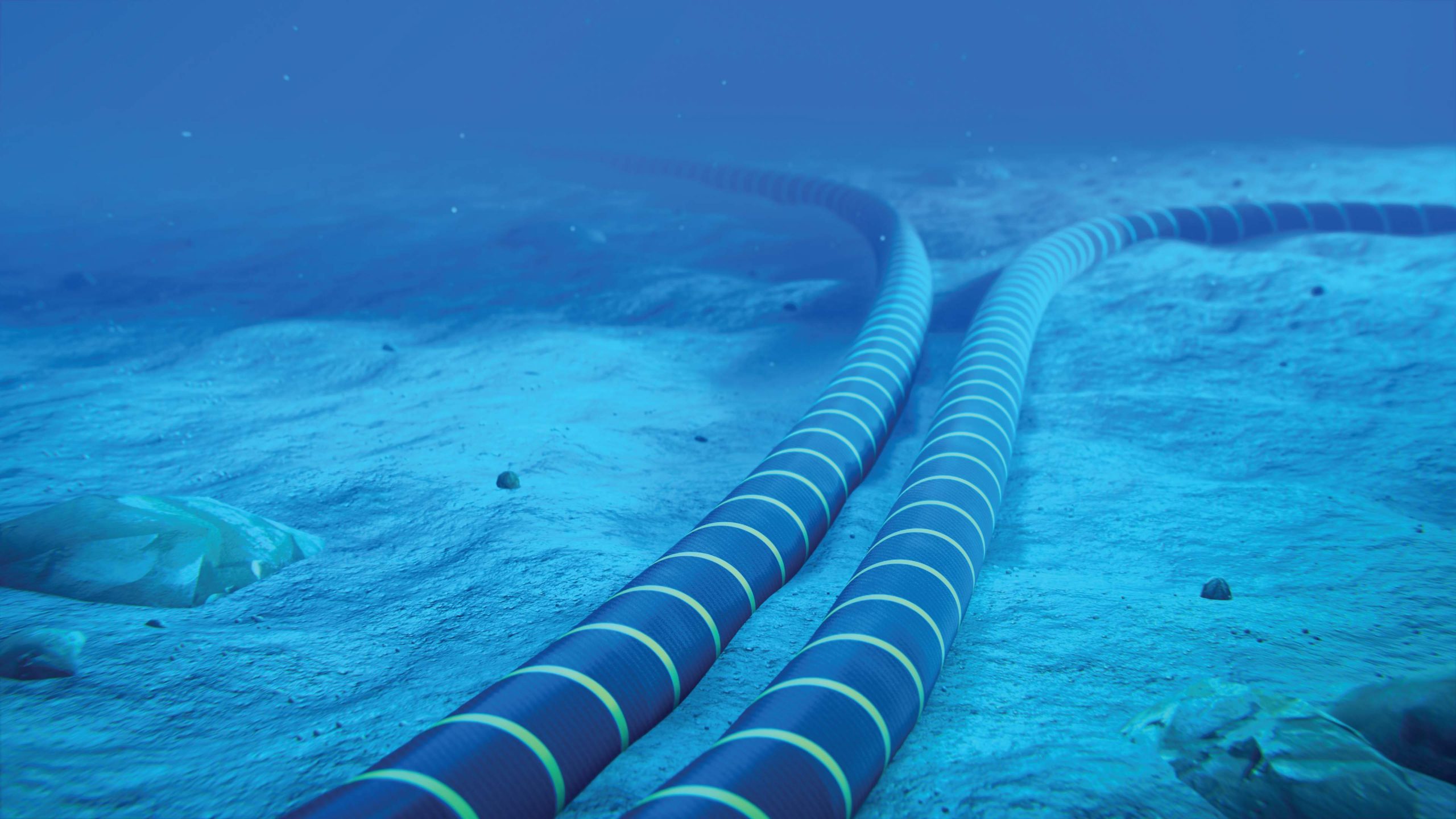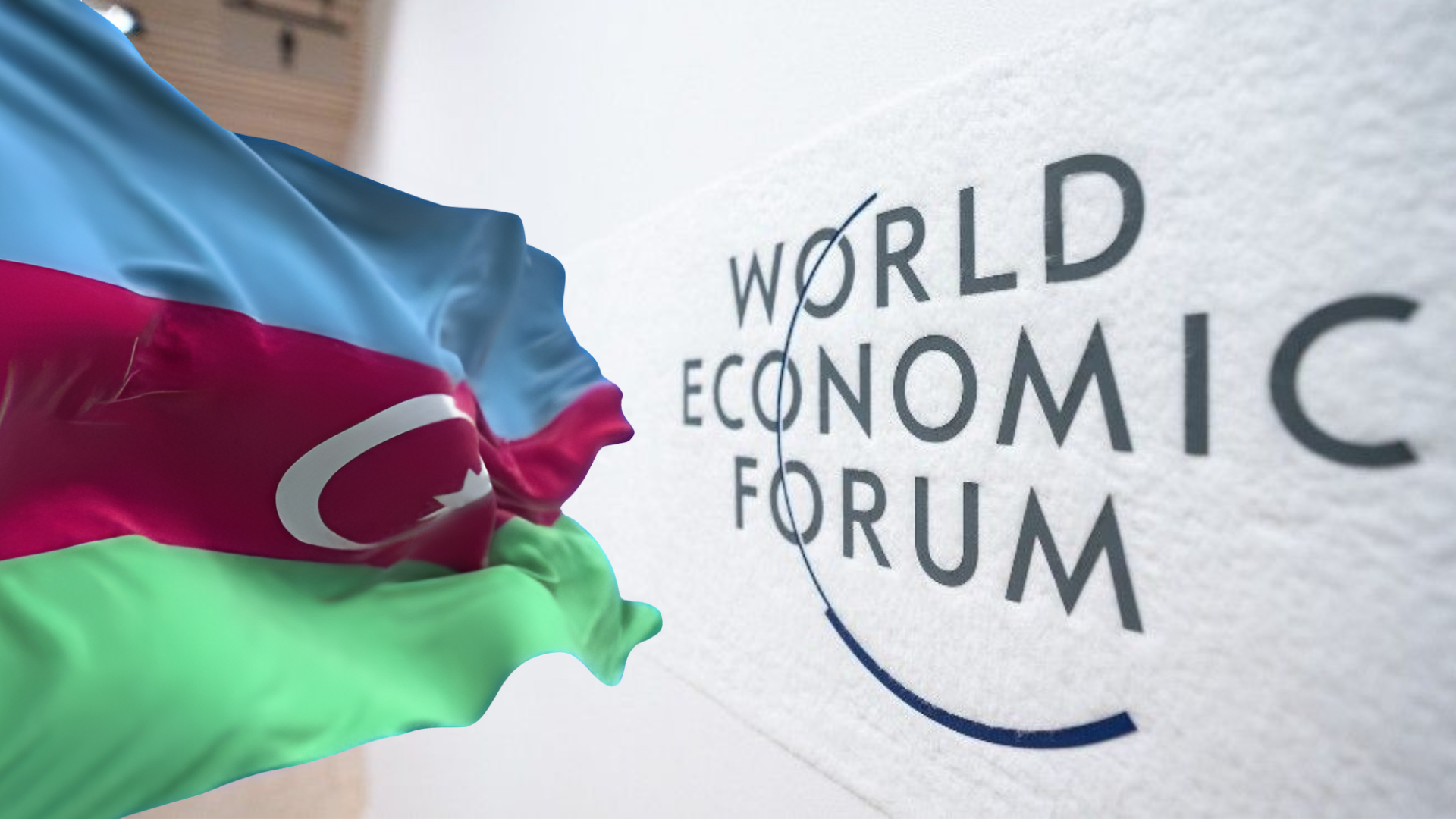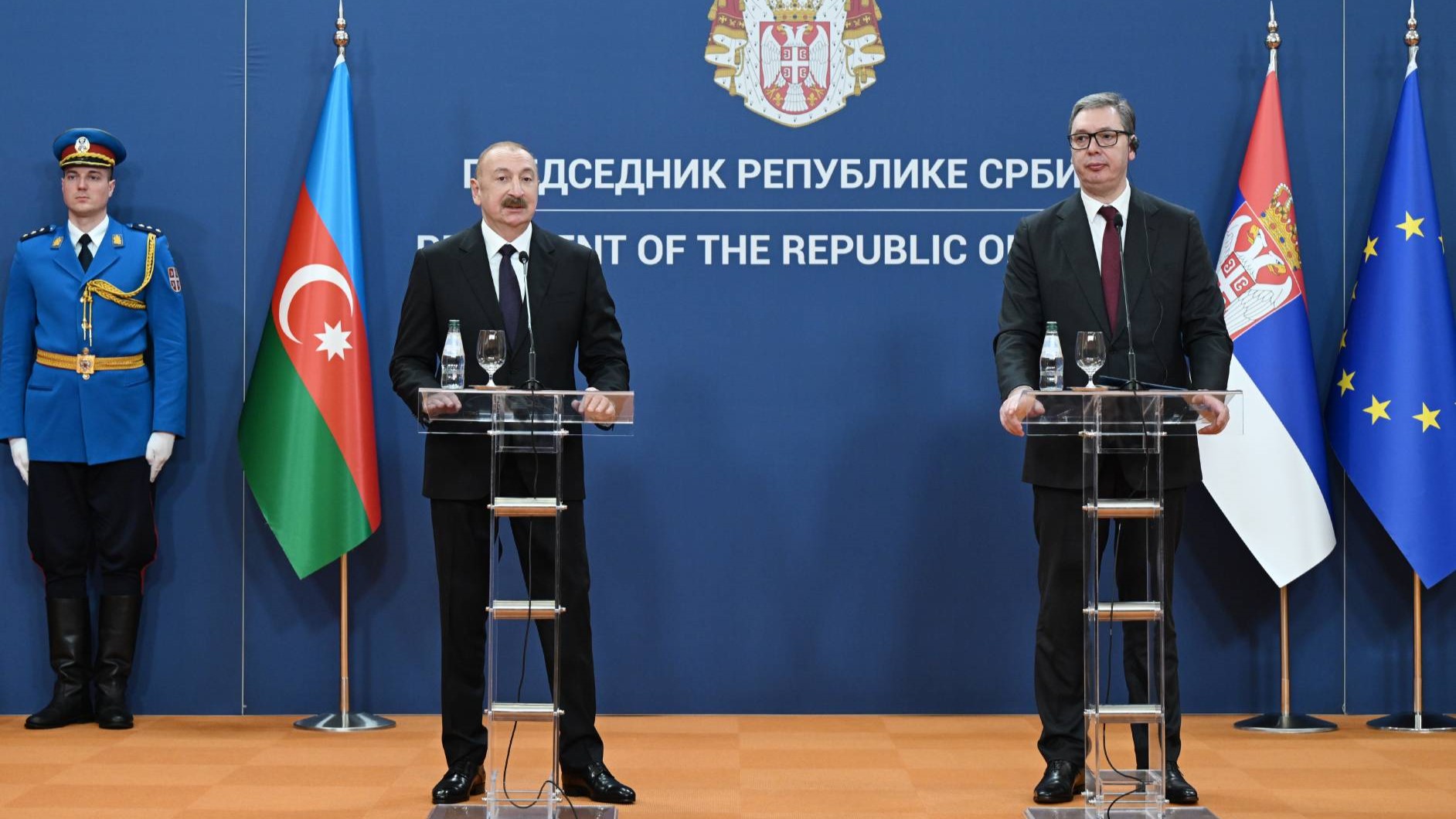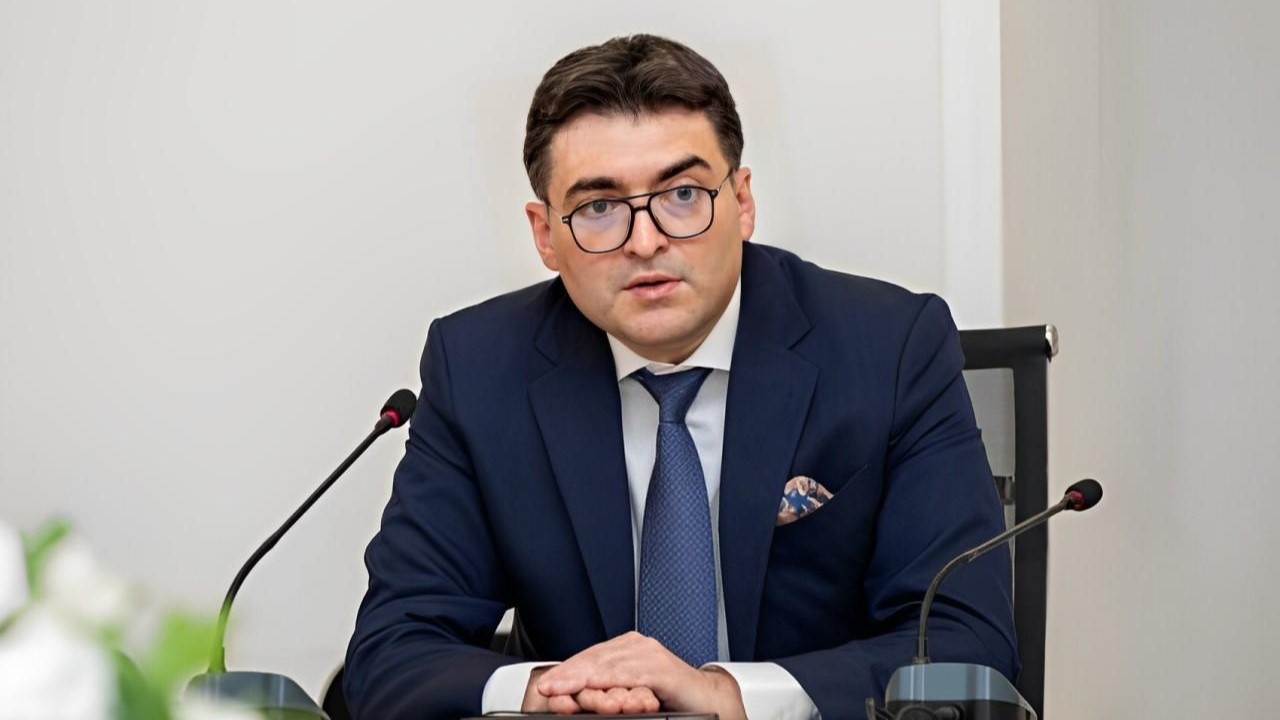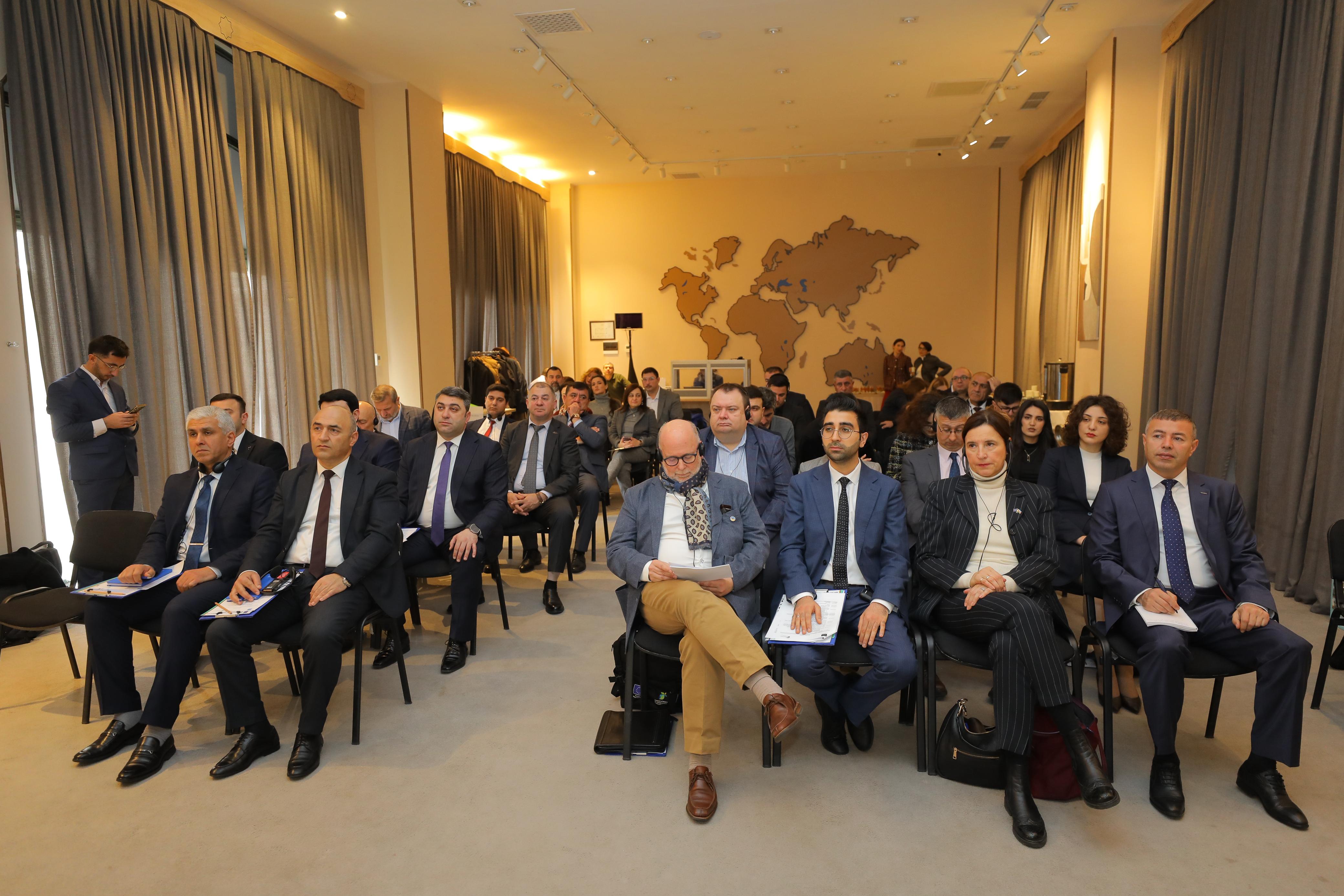The Chairman of the Georgian National Energy and Water Supply Regulatory Commission (GNERC), David Narmania, announced that Georgia has signed a memorandum of cooperation with the Romanian Electricity Regulatory Commission concerning the Black Sea Submarine Cable Project. According to Narmania, the agreement will facilitate collaboration between the two regulatory bodies on issues of joint regulation and oversight as the project progresses.
“This is a highly significant, future-focused project, one of the most important of the century,” Narmania stated. “About a month ago, I met with my Romanian colleague, and we signed a memorandum to ensure that our regulatory commissions can cooperate within the framework of this initiative. The feasibility study has been completed, and a detailed technical study of the Black Sea shelf is now underway. After this stage, the project will move forward to its next phase, meaning implementation is progressing step by step,” he added.
The Black Sea Submarine Cable Project provides the construction of a high-voltage underwater transmission network connecting Georgia’s power system with Europe’s electricity grid. The 1,155-kilometer cable will run under the Black Sea, linking Georgia to Romania and enabling the transmission of renewable energy from the South Caucasus to the European market. The project is a key component of Georgia’s strategy to strengthen its role as a regional energy hub.
The initiative began in May 2022, when Georgia launched a feasibility study with support from the World Bank and the Ministry of Economy and Sustainable Development. The study was conducted by the Italian energy consulting company CESI to determine optimal implementation methods. A broader memorandum on the project was previously signed on December 17, 2022, by the governments of Georgia, Azerbaijan, Hungary, and Romania, marking a major step toward deepening regional and European energy cooperation.


